Celebrating Our Champions
Spotlighting Hardrockers who define success and inspire the next generation Past Award RecipientsNominateRecognizing Remarkable Hardrockers
Each year, the Center for Alumni Relations & Advancement proudly celebrates Hardrockers who exemplify excellence, leadership, and impact. From recent graduates making bold strides in their fields, to distinguished alumni with decades of achievement, to the singular honor of the Guy E. March Medal, these awards highlight the remarkable legacy of our community. Explore the stories of past and present honorees, learn about our annual Hardrocker Heritage Alumni Awards Gala, and discover how you can take part in recognizing the next generation of award winners.
Guy E. March Medal
The Guy E. March Medal may be presented to a Mines graduate in recognition of the individual’s positive interaction with students, the university and the alumni of South Dakota Mines. Graduates who receive the March Medal exemplify the caring spirit of Dr. Guy March.
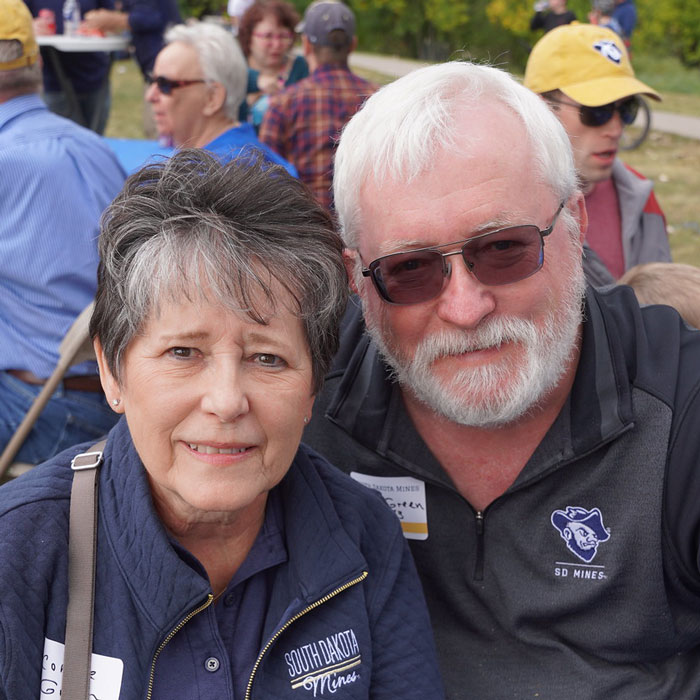
Jim Green (Me 74)
Jim Green (ME 74) graduated with honors from South Dakota Mines in Dec. 1973 with a mechanical engineering degree and began his career at Caterpillar as a design engineer. Over nearly four decades, he rose through the ranks and retired in 2011 as General Manager of Engine Product Development in the Large Power Systems Division. That same year, he received an Honorary Doctorate from Mines and served as the spring commencement keynote speaker.
Jim and his wife, Connie, have dedicated more than 36 years to supporting Mines through time, talent, and philanthropy. Jim has served 25 years on the University Advisory Board, 10 years on the Mechanical Engineering Advisory Board, and 15 years on the Mines Foundation Board of Directors. Together, they have recruited students from their hometown of Bridgeport, Nebraska, building a “home away from home” for these students. They were instrumental in securing Caterpillar funding for the Caterpillar Student Excellence Center and created an endowed annual faculty award recognizing excellence in CAMP team support.
Read More
Since their first gift of $20 in 1987, the Greens’ philanthropy has grown to include endowed scholarships for Bridgeport students, support for music and soccer programs, commissioning the Grubby statue, funding the Pearson Alumni Center, restoring the “M,” and contributing annually to the Stensaas Lab Equipment Endowment. Through their efforts, they have built lasting relationships with students, faculty, and the broader Mines community. Their commitment reflects a lifelong dedication to helping students succeed both academically and personally.
Distinguished Alumni Award
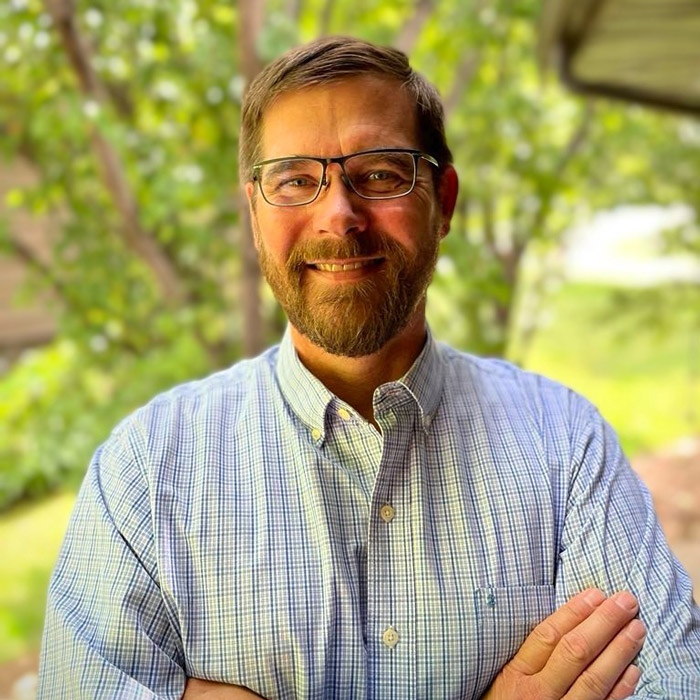
Terry Rasmussen
MetE 91
Terry Rasmussen, originally from Yankton, SD, began his career at Omaha Steel Castings before joining Nucor Steel Nebraska in 1993 as a Melt Shop Metallurgist.
More About Terry
Over three decades, he has served in engineering, production, sales, and customer service roles, ultimately becoming Chief Metallurgist and helping establish the mill as a leading Special Bar Quality steel producer. Terry has remained closely connected to South Dakota Mines, recruiting talent, serving on the Metallurgical Engineering Industrial Advisory Board, and strengthening the partnership that led to the Nucor Professor position and the Nucor Mineral Industries building. Outside of work, he is active in his community, serves on local boards, and pursues hobbies ranging from woodworking and astronomy to winemaking and distilling with Loup River Distilling. Terry and his wife, Lois, frequently return to the Black Hills and are proud that all three of their children—Sierra, Seth, and Rylan—attended South Dakota Mines.

John Konechne
John Konechne (ME 86) is the President, CEO, and a Principal Owner of California Erectors, Inc. (CEI), one of the largest independent AISC Certified Steel Erectors in California and Nevada.
More About John
Under his leadership, CEI has completed more than 1,000 structural steel projects and installed over half a million tons of steel while improving safety, efficiency, and profitability across the organization. He also launched affiliated ventures that helped double CEI’s market share and introduced industry-adopted safety innovations for ironworkers. Before joining CEI, John spent more than a decade in engineering and maintenance leadership roles with Dow Chemical and holds a mechanical engineering degree, an MBA in operations, and a Professional Engineer license. John lives in Alamo, California, with his wife, Jacqueline, and their children, Morgan and Jake, and remains active on industry boards and in his community.
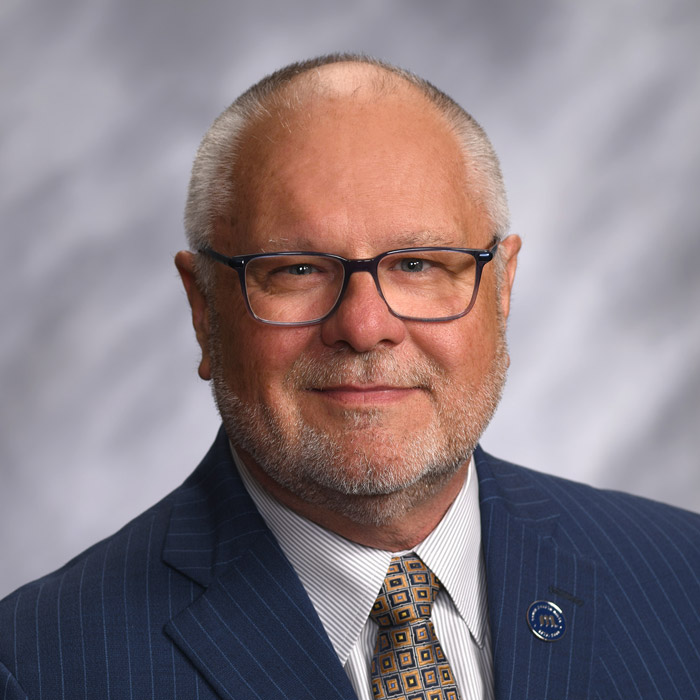
James Rankin
Dr. James Rankin became the 19th president of South Dakota Mines in 2018—the first alumnus to hold the role—and led major campus advancements. . .
More About James
. . . including the new Mineral Industries Building, the renovation of the Devereaux Library, and the creation of the Innovation District. During his tenure, he guided the university through the COVID-19 pandemic and helped secure the largest individual and corporate gifts in its history, ultimately doubling fundraising through the Center for Alumni Relations & Advancement. Under his leadership, research awards grew by 88%, expenditures increased by 93%, campus research space nearly doubled, and the university earned a record 14 patents in a single year. A South Dakota native, Dr. Rankin built a career spanning industry and academia, including roles at Rockwell-Collins, St. Cloud State, Ohio University, and the University of Arkansas, where he strengthened research and economic development initiatives. He and his wife, Dr. Wendy Rankin, now live in Greensboro, NC, and have three children and five grandchildren.
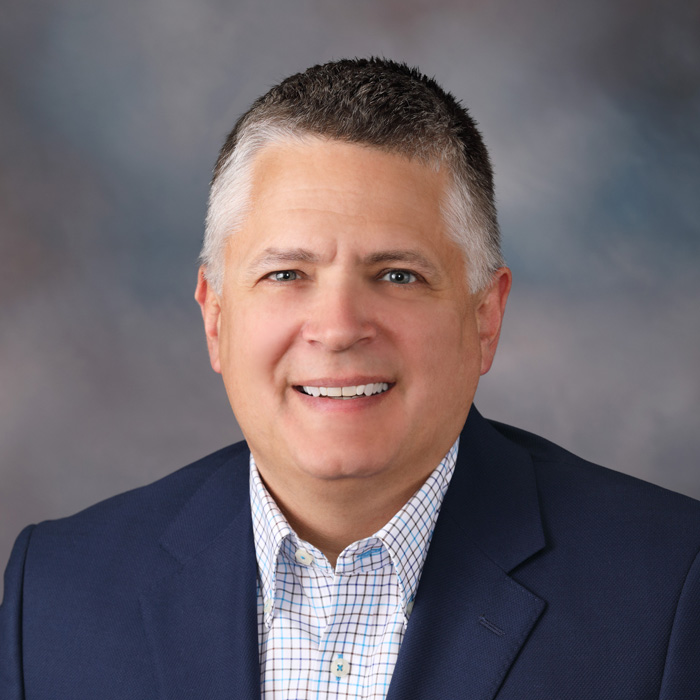
Chad Glanzer
Chad Glanzer (IE 92) grew up on his family farm near Carpenter, SD, where he learned the values of integrity, faith, hard work, and family.
More About Chad
After earning his Industrial Engineering degree from South Dakota Mines in 1992, he launched his career in telecommunications and later co-founded Vantage Point Solutions (VPS) in 2002. Under his leadership, VPS has grown from 25 employees and no clients to more than 550 employees, 12 offices, and over 1,000 clients nationwide, expanding into consulting, power engineering, data engineering, and cybersecurity. Chad deeply values the relationships he’s built with his teammates and clients throughout the company’s growth. His greatest fulfillment comes from his family—his wife, Joni, their four children, and their granddaughter.
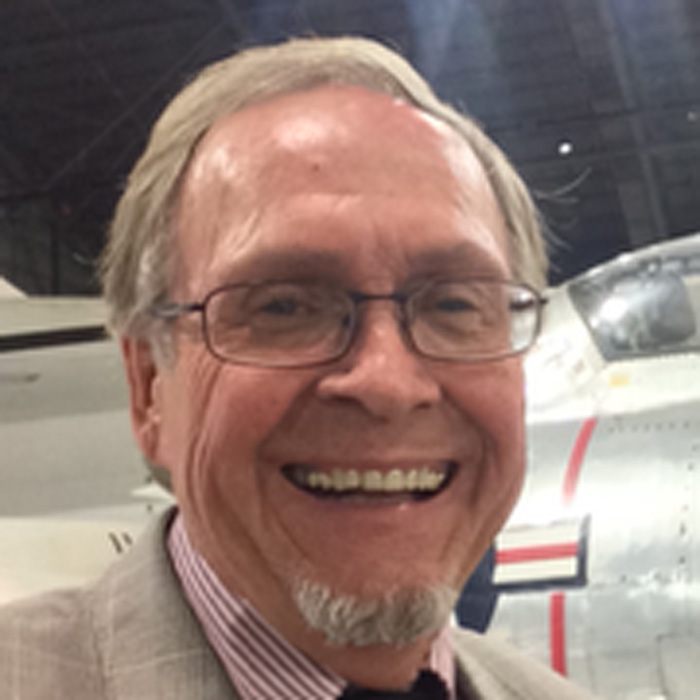
Craig Willan
Wm. Craig Willan, founder and Chairman Emeritus of Omega Research, is an accomplished aerospace engineer whose firm served NASA, the FAA, NTSB, and major U.S. and European aircraft companies.
More About Craig
A South Dakota Mines Metallurgical Engineering graduate (B.S. ’76, M.S. ’78) and licensed PE, he pioneered the industry-wide use of premium structural titanium investment castings and holds six U.S. patents. Over a 52-year career, Craig has contributed to Bell Helicopter projects, served as a technology advisor to the USAF Chief Scientist, and assisted in numerous aviation accident investigations. He remains active in engineering and humanitarian work, including medical device innovation and Engineers Without Borders water projects, and has received multiple honors from SAE, ASTM, NASA, and the EAA. Craig is also a pilot, experimental aircraft designer, and was a Virgin Galactic-Scaled Composites astronaut candidate before an injury ended his flight plans in 2018.
Outstanding Recent Graduates
The Outstanding Recent Graduate award honors graduates who have achieved exemplary career progress and recognition within ten years of their graduation. The individuals selected for this award serve as excellent role models to showcase the importance of continued personal growth in a rapidly changing world.
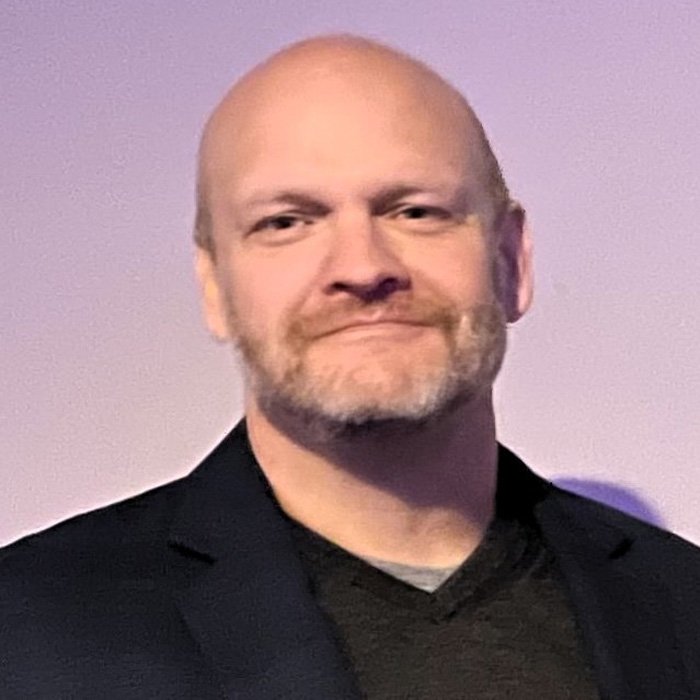
Ben Van Camp
IEEM 15
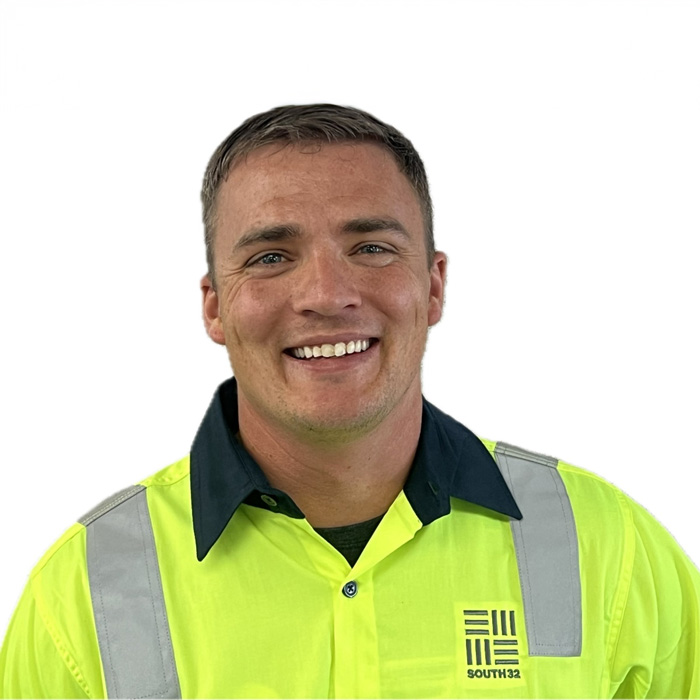
Hyrum Byers
MinE 16
Hyrum Byers is a mining engineer and Army National Guard officer who leads South32’s $400 million Taylor twin shaft sinking project as Superintendent of Underground Development and Construction.
More About Hyrum
His unconventional path—from growing up in rural Colorado to working in underground coal mining—shaped his passion for building teams, infrastructure, and future leaders. A South Dakota Mines graduate, he has balanced careers in mining and military service, commissioning as an Infantry Officer and later commanding a rifle company during deployment. His mining experience spans major operations across the country, where he has led teams, advanced technology integration, and managed complex underground projects. Now based in Arizona with his wife and four children, Hyrum is committed to service, problem-solving, and the mission that Mines helped set in motion.
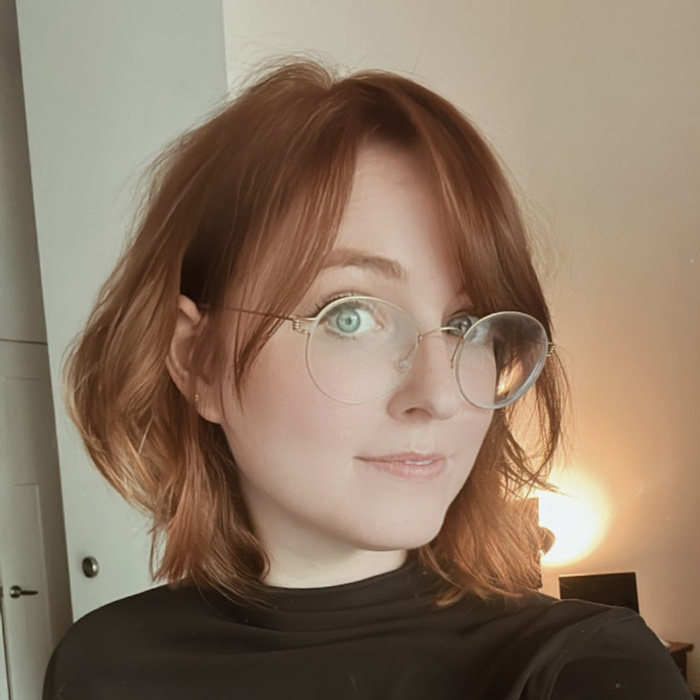
Lindsey Westergaard
EE 15
Lindsey Westergaard is a consulting Solution Architect with Nucor Steel Business Technology, where she has spent the last decade advancing ERP business system development.
More About Lindsey
She leads cross-functional teams from requirements to delivery, using her engineering background to guide decisions grounded in both functional and technical impact. Known for her clear communication, she frequently bridges the gap between technical and non-technical teammates. Outside of work, Lindsey channels her love of stationery and analog organization into a growing online business offering printable art and planning tools. She and her husband, Brandon (EE ’15), enjoy traveling, hiking, and paddleboarding together.
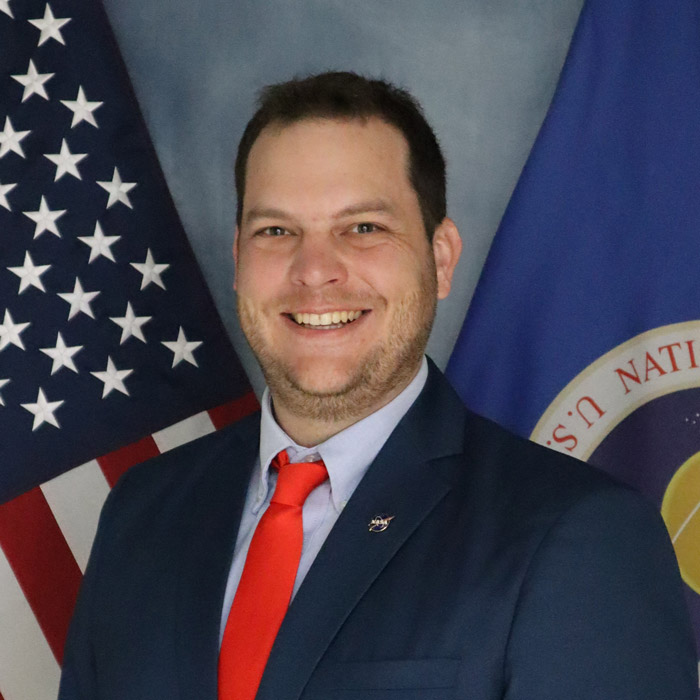
Jonathan Dixon
CSc 16
Jon Dixon is a Florida-based engineer at NASA’s Kennedy Space Center and a Rapid City native.
More About Jon
He earned his undergraduate degree in Computer Science and his master’s in Computational Sciences and Robotics from South Dakota Mines, where he also explored the Black Hills, played in the student orchestra, and served as a KTEQ DJ and board president. After interning through NASA’s Pathways program, he joined Kennedy Space Center full time in 2018 and contributed to the successful Artemis I launch. Jon now serves as the Lead Design Engineer for the Kennedy Ground Control Subsystem and Lead Electrical Design Engineer for the Cryogenic Ground Support Equipment. His work directly supports the safe and successful launches of future Artemis missions to the Moon and beyond.
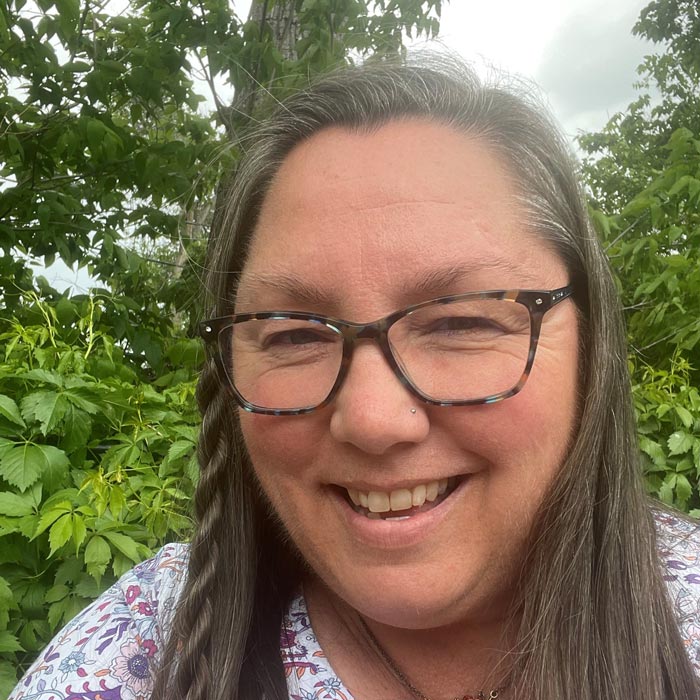
Bianca Boll
IEEM 15
Bianca Boll manages the Supervisory Control & Data Acquisition (SCADA) team at Black Hills Energy, supporting both gas and electric operations.
More About Bianca
Her team maintains 99.99999% uptime for the real-time systems that monitor and control the multistate BHE energy grid. Black Hills Energy serves about 2 million customers across eight states and is part of South Dakota’s largest publicly traded company. In 2018, Bianca received the Chairman’s Award for her leadership, community involvement, and commitment to continuous improvement and Toastmasters development. Outside of work, she enjoys traveling with her family and growing flowers in her garden.
2026 Hardrocker Heritage Awards Gala
Alumni and guests are invited to attend the 5th Annual Hardrocker Heritage Gala at the Surbeck Center Beck Ballroom. Cocktail hour starts at 6 p.m., followed by a plated dinner at 7 p.m.
Friday, sept. 25, 2026
6 P.M.
Award Nominations
Before submitting a nomination, please review the criteria listed below for each award. Nominations are due by Jan. 31. Awards will be presented at the Hardrocker Heritage Alumni Awards Gala during Rocker Days (M Week). We encourage you to nominate someone whose personal and professional achievements reflect the values of South Dakota Mines.
Guy E. March Medal
Distinguished Alumni Award
Candidates for the Distinguished Alumni Award must have received an academic degree from South Dakota Mines. They must have established a professional career of more than ten years that includes at least five years in a responsible capacity. Additionally, Distinguished Alumni must have contributed in an outstanding manner to the furtherance of her or his profession and to South Dakota Mines. Deadline to nomination is January 31st.
Outstanding Recent Graduate Award
Criteria for selection includes level of responsibility and entrepreneurial effort, advancement, responsibility in research and authorship or patents and other evidence of creative activity, professional or business organization involvement, balance of technical and entrepreneurial accomplishments with community service and involvement, and company or community awards or recognition.